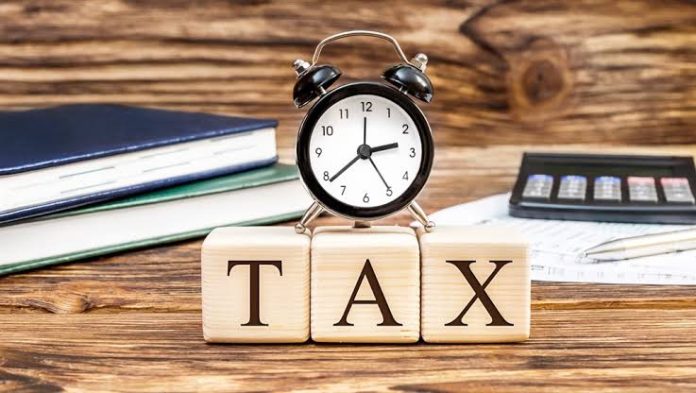The government is planning to give tax relief to the salaried class in the upcoming 2025-26 federal budget. These efforts aim to reduce the financial burden on middle-income earners and make the tax system more fair and manageable.
One key proposal is to increase the annual taxable income limit from Rs. 600,000 to Rs. 800,000. This means that people earning up to Rs. 800,000 a year (around Rs. 66,000 a month) may not have to pay income tax. This change would especially help those earning close to Rs. 50,000 per month, giving them more take-home income and financial breathing room.
Officials are also considering revising the lower tax slabs, which could lower the tax rates for people in lower-income brackets. This would allow many workers to save more of their salary.
In addition, the government is working on making the tax filing process easier. They are looking into simplified return procedures so that ordinary people can file taxes without hiring experts or facing confusion. This could increase the number of people filing taxes and improve overall transparency.
There are also talks about making changes to how pensioners with higher incomes are taxed. The goal is to strike a balance between supporting retired citizens and maintaining fair taxation.
However, these proposed measures still need final approval and are subject to discussions with the International Monetary Fund (IMF). Since Pakistan is currently in talks with the IMF about a broader financial support program, these changes will need to align with those agreements.
Even so, the government’s move is being seen as a positive sign for the salaried class. If approved, these tax reforms could bring real relief to thousands of working individuals and make the tax system more supportive for the middle class.


